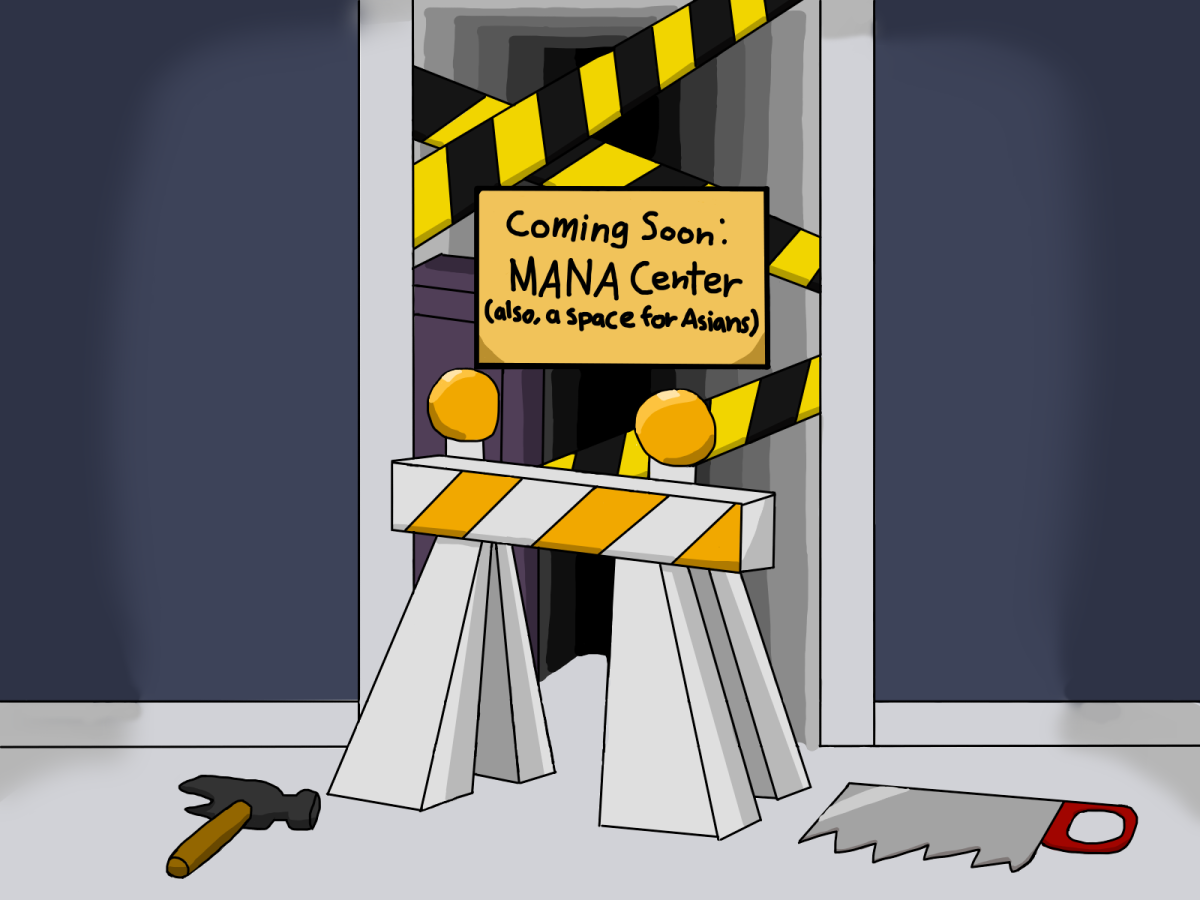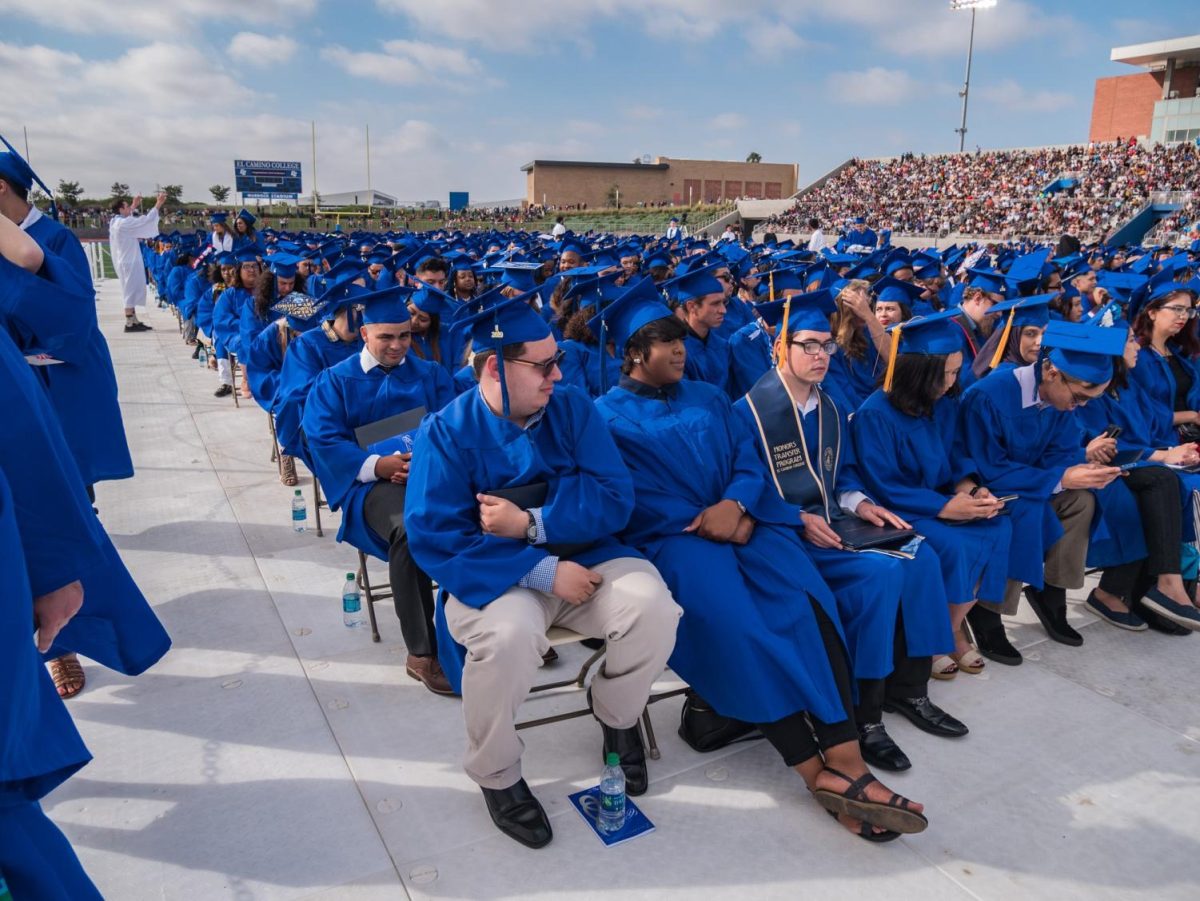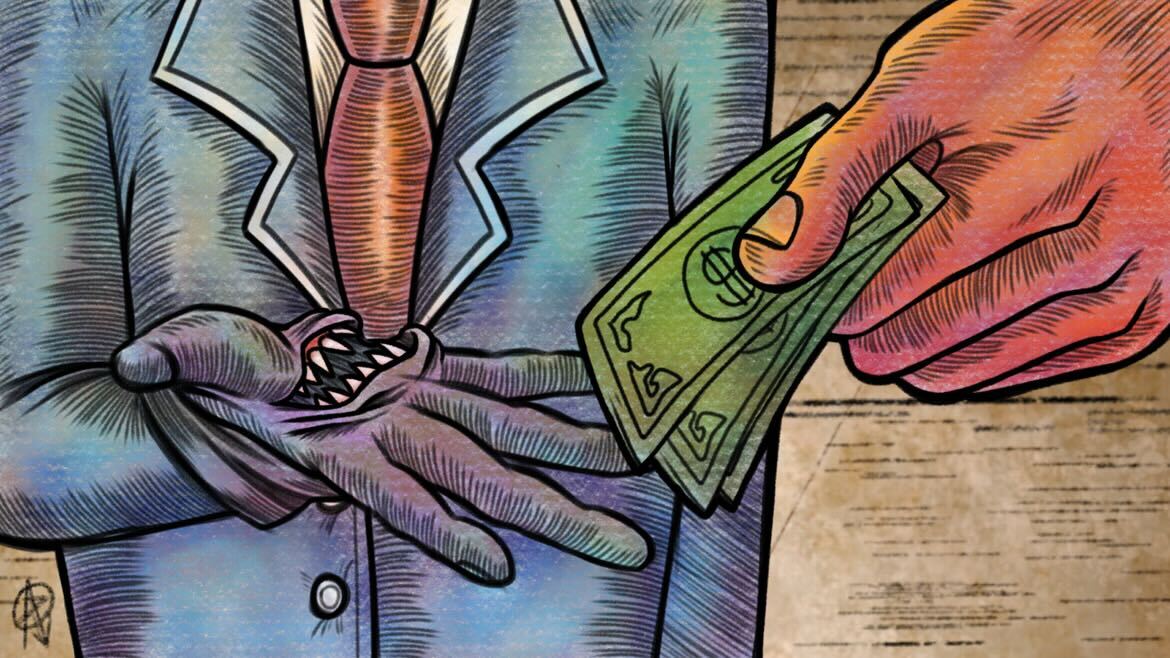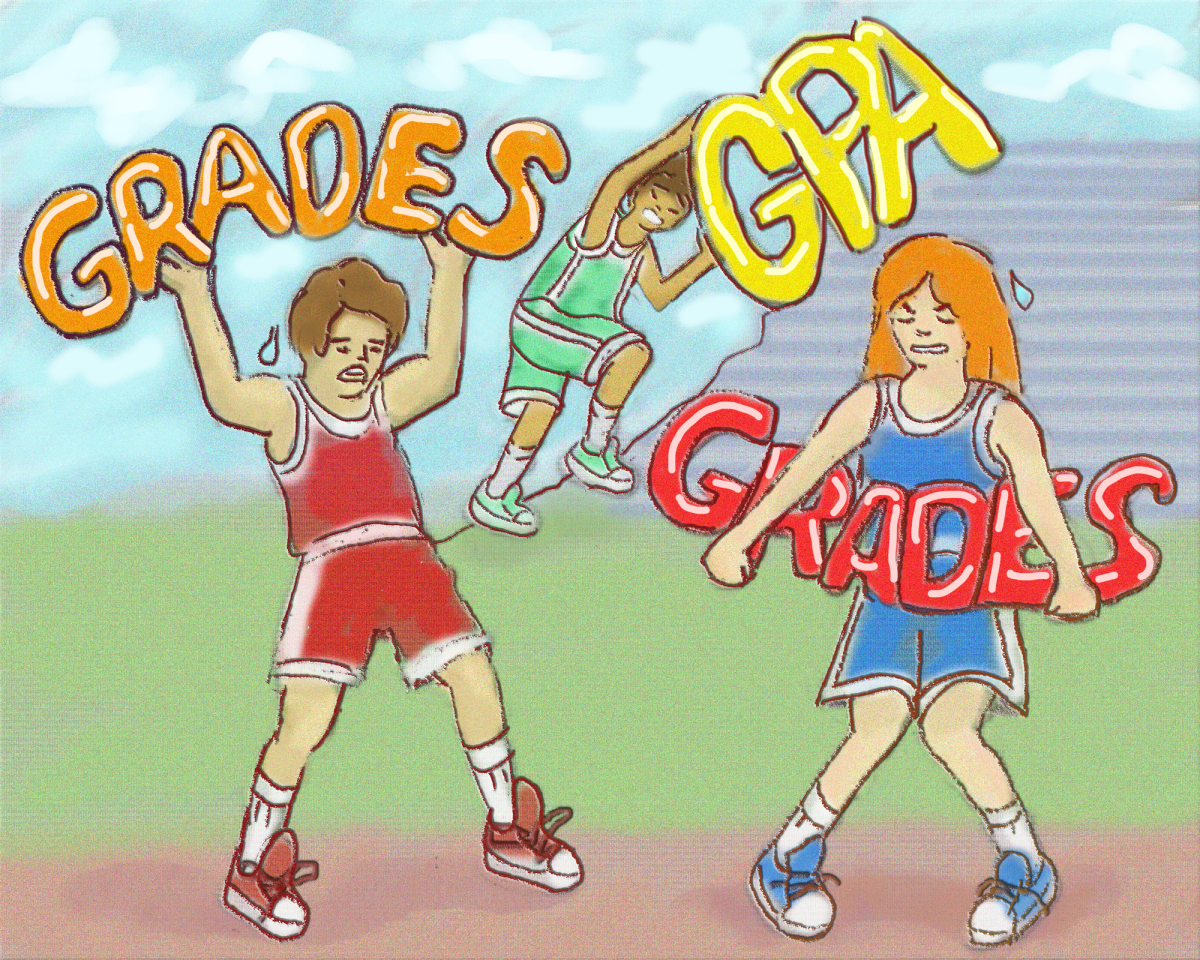The end of days has arrived, and the worst part is, it was completely avoidable.
The 2017 Atlantic hurricane season has held its fair share of devastation. The United States experienced just a few of the many powerful systems that have pummeled countries all over the planet.
If these storms don’t prompt an intense change in the way we approach climate change, then we deserve the impending disasters to come.
For context, the formation of a hurricane is determined by two factors: warm water and wind systems. According to Jeff Masters of Weather Underground, as cited in an article by National Geographic, “(Hurricanes) take heat from the oceans and convert it to the energy of their winds.”
It makes sense that warmer oceans caused by climate change would fuel average hurricanes into record-breaking disasters.
CNN agrees, writing an article headlined “Yes, climate change made Harvey and Irma worse,” as if responding to the direct curiosity of the masses. Ironically, the article starts with the lead, “The right time to talk climate change is now,” as if the occurrence of a catastrophic hurricane was the only good reason to talk about climate change.
It’s not like there’s been a Intergovernmental Panel on Climate Change working under the United Nations since 1988. It’s been 29 years and apparently “now” it’s finally the “right” time to take climate change seriously.
One most familiar and recent disasters to us is Hurricane Harvey, which recently hit the city of Houston, Texas. It dumped so many inches of rain that, according to Business Insider, the National Weather Service had to add more colors to its maps to account for the obscene quantity of water. This same city has taken 180 billion dollars in damages from the storm, according to Fortune.
But natural disasters happen. They’re “natural” after all, yet something about this season varies from hurricane seasons of the past.
According to an article by New York Times, this year’s hurricane system is notably more intense than other years. We’re making history, how exciting.
There were signs of the United States taking steps to action. The Paris Climate Agreement was sealed in December 2015, and it marked a huge step towards changing the dialogue concerning climate change.
However, under the Trump administration, the United States has backed out of this agreement. As one of the top contributors of carbon emissions, second in the world according to the World Resources Institute, Trump’s refusal to participate in this agreement is monumental.
Natural disasters, especially hurricanes, have become commonplace in our lives.
We’ve been hearing “the time is now” from activists and scientists for decades, and yet our day to day lives have remained unchanged.
An academic paper by Kerry Emanuel in Nature announced findings that global warming was indeed a contributor to more severe storm systems. This paper was released weeks before Hurricane Katrina occurred.
I feel safe in saying that none of us have put our full and utmost effort into reversing the effects of climate change.
It’s part of a strange system of self-rewarding ourselves for doing things that should already be expected of us.
You shouldn’t feel good for taking shorter showers, or for recycling your cans. If you still consume meat and dairy, your efforts are medial. If you still take part in mindless consumerism, purchasing and disposing of things you never needed in the first place, your efforts are insufficient in every way.
Everyone contributes in their own way, but no one should get recognition for “doing their part” if they are not doing their part.
Retreating from the Paris Climate Agreement is just one in many ways that Trump has disregarded the validity of climate change. Each of us are independently responsible for our own carbon footprints.
If we don’t start now, hurricanes will continue to devastate our coasts. We must make an active and dedicated effort to reducing our emissions and preventing extreme climate change.
The time to talk about climate change is not now. The time has already passed. But it’s not too late.








